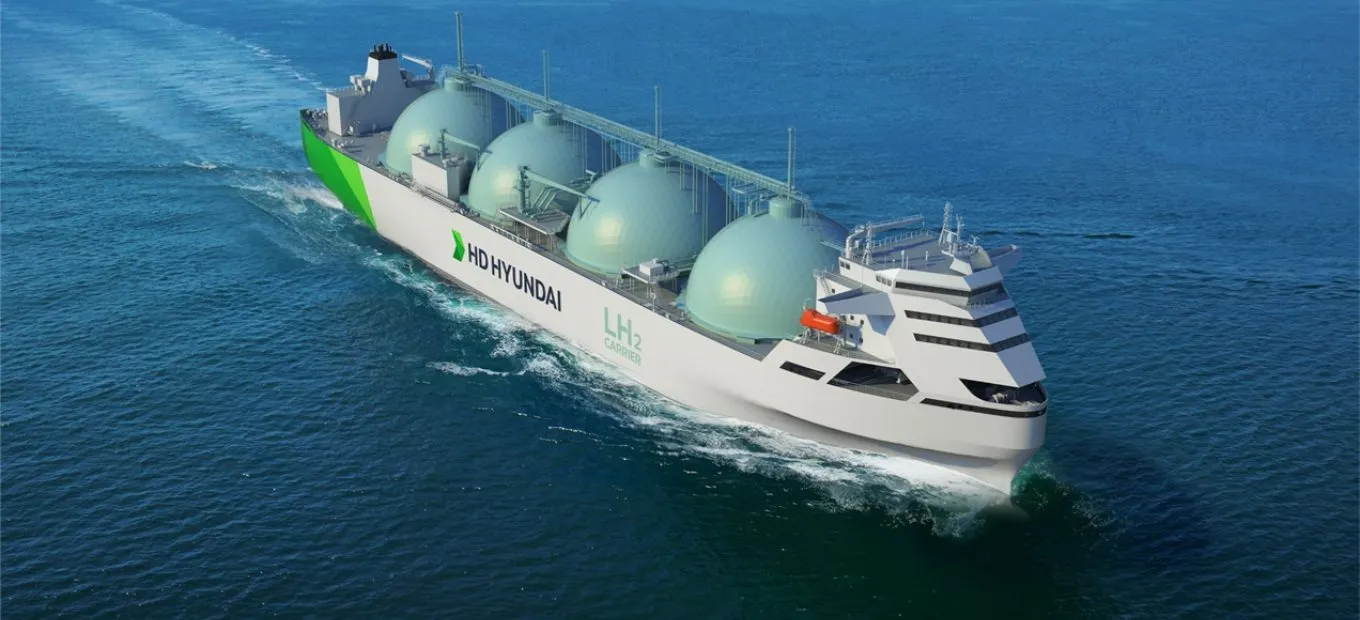TCP, the company that administers the Paranaguá Container Terminal, obtained ISO 50001 certification (Energy Management System), becoming the first port terminal in Brazil and one of the pioneers in Latin America to achieve this seal.
The approval recognizes organizations that continuously improve their energy performance, reducing consumption, waste, and emissions, which represents an important milestone in a sector responsible for more than 80% of world trade.
The project began in September 2024, based on a directive from the China Merchants Port (CMPort) group, the largest and most competitive developer, investor, and operator of public ports in China, which directed all subsidiaries to obtain the certification before the end of 2025.
In just one year, TCP not only met the goal but also began to obtain concrete results in energy efficiency. Between January and August 2025, compared to the same period the previous year, the terminal recorded a drop of around 3 million kWh in electrical energy consumption and a reduction of approximately 100,000 liters of diesel, despite the increase in cargo movement.
The results are the fruit of structural investments, such as the electrification of RTG cranes, the replacement of LPG (liquefied petroleum gas) powered forklifts with electric models, the acquisition of two electric buses for internal transport, and internal campaigns to reduce energy consumption in the administrative areas.
“ISO 50001 consolidates a new management model within TCP, in which energy efficiency and sustainability go hand in hand. We demonstrated that it is possible to grow while reducing impacts and continuously improving our processes,” stated Washington Renan Bohnn, Quality and Human Resources Manager of TCP.
The scope of the certification covered 33 internal processes and required technical adjustments, training, and collective commitment. To obtain it, TCP relied on a specialized consultancy responsible for the initial diagnosis and the development of the master plan for the Energy Management System. From there, the Quality team, with the support of the operational areas, integrated the plan into the Terminal’s Integrated Management System (SGI), which already includes the ISO 9001 (Quality), ISO 14001 (Environment), and ISO 45001 (Occupational Health and Safety) standards.
Furthermore, TCP holds the I-REC (International Renewable Energy Certificate) certificate, which guarantees that 100% of the electrical energy consumed comes from renewable sources. In this sense, the ISO 50001 certification represents not only technical recognition but also the consolidation of the advances in innovation and sustainability implemented in recent years.
“Ports are strategic points of the global economy, and when a terminal the size of TCP adopts international efficiency standards, the entire logistics ecosystem becomes more sustainable and competitive. Energy efficiency is today a strategic value and an essential step to consolidating the Paranaguá Container Terminal as an international reference in innovation and environmental responsibility,” noted Kayo Zaiats, environment superintendent of TCP.





